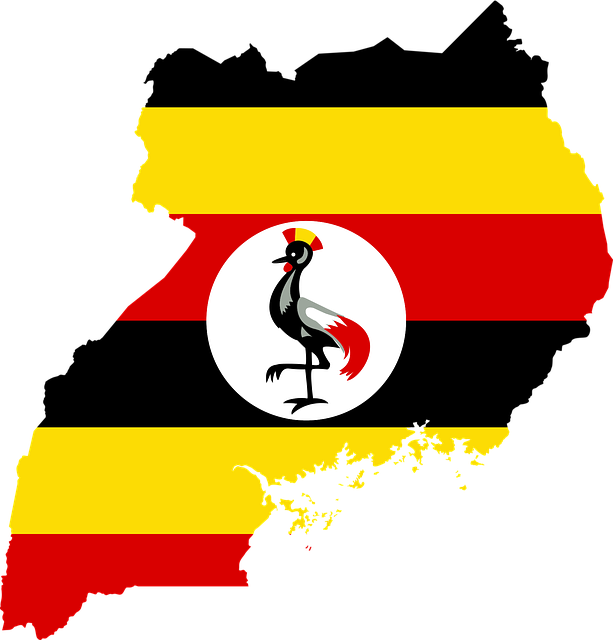Press Relations in Uganda: Strategic Guide for Effective Communication

Press Relations in Uganda: Strategic Guide for Effective Communication
Introduction
In Uganda, radio dominates the media landscape, press freedom is under pressure, and journalist relationships are primarily built on trust and direct contact. This guide provides key insights to understand the Ugandan media landscape and optimize your communication strategy.
1. Uganda in Brief
Capital: Kampala
Population: approximately 42 million
Area: 241,000 km²
Official Languages: English (administration), Luganda widely spoken
Currency: Ugandan Shilling (UGX) — 1 € ≈ 4,000 UGX
Economy: mainly agricultural, transitioning toward oil and services
2. Press Freedom: Official Framework but Under Control
Constitution guarantees freedom of expression
Frequent political pressure and intimidation
Media Council of Uganda oversees regulation and potential censorship
Common self-censorship in newsrooms
Increasing Internet access and growing use of social media (Facebook, X/Twitter, WhatsApp) for news
Key takeaway: Uganda has a diverse media landscape, but it remains politically monitored.
3. Key Media in Uganda
Print Media
New Vision – state-owned daily, widely circulated
Daily Monitor – main private daily
Bukedde – popular Luganda tabloid
Red Pepper – sensationalist press
Weekly Observer – independent weekly
Radio (dominant, especially in rural areas)
Radio Simba (97.3 FM)
Sanyu FM
Radio One FM 90
Radiocity Kampala
Galaxy FM
Television
NTV Uganda (Nation Media Group)
NBS Television
Bukedde TV
UBC (Uganda Broadcasting Corporation – public channel)
4. Specifics of Press Relations in Uganda
Direct contact via phone or WhatsApp is the norm
Email is still useful for sending press releases, files, or invitations
Per diem expected for covering some events (variable depending on distance/status)
Free publication possible if strong journalistic value
Otherwise, plan a budget (~300,000 UGX / ~75 €)
Relationships are based on respect, consistency, and transparency
5. Tips for Distributing a Press Release
Target the right media based on audience, language, and region
Write a clear press release adapted to local context
Contact journalists directly (WhatsApp/calls)
Send documents by email with optimized visuals
Budget for per diem and potential sponsored publication
Pro tips:
Rural areas → focus on community radios
Urban areas → prioritize private TV (NTV, NBS) and newspapers like Daily Monitor
Conclusion
Effective communication in Uganda combines message relevance, strong personal relationships, and adaptation to local realities. A reliable contact network and professional approach significantly increase your chances of media coverage.
Similar articles
Loading similar posts...
Subscribe to our Newsletter
Don't miss anything! Subscribe to our newsletter to receive the latest articles, tips, and news directly in your inbox.